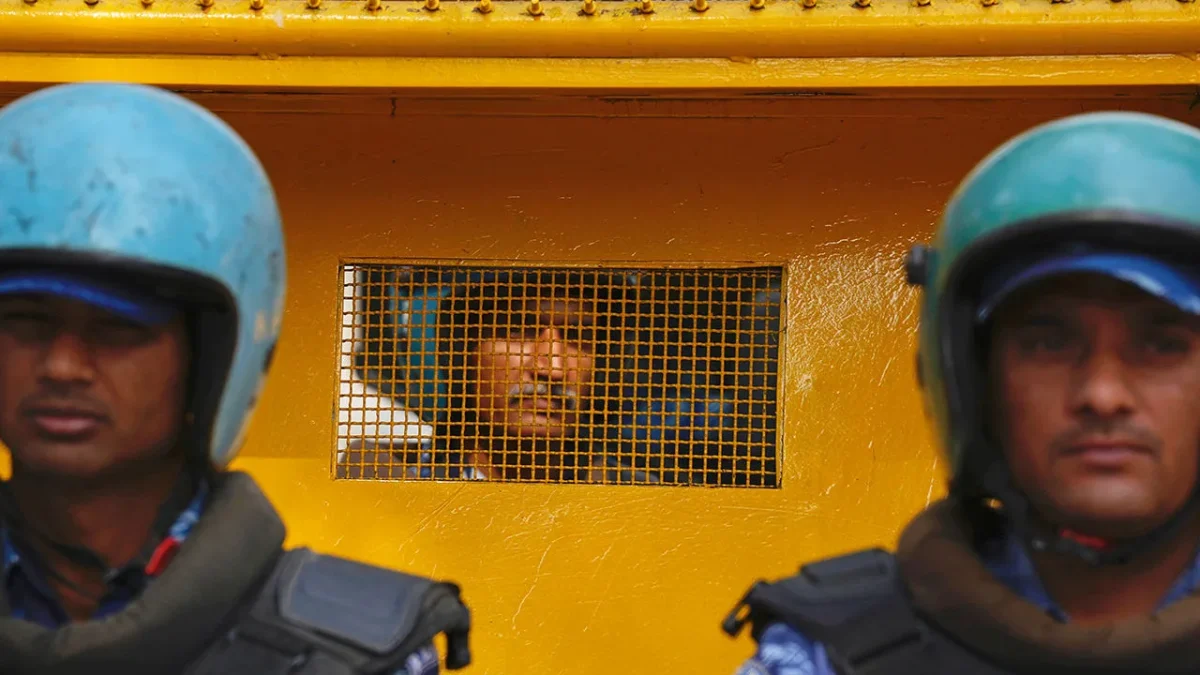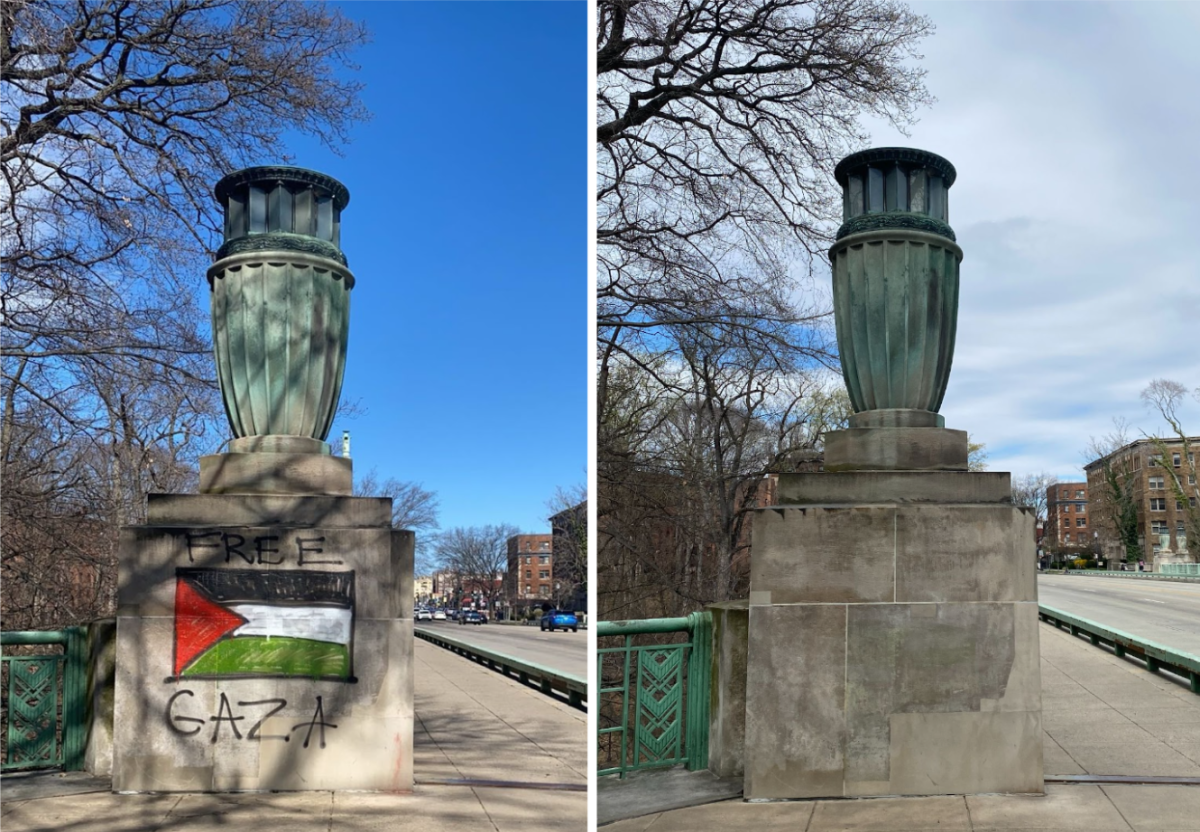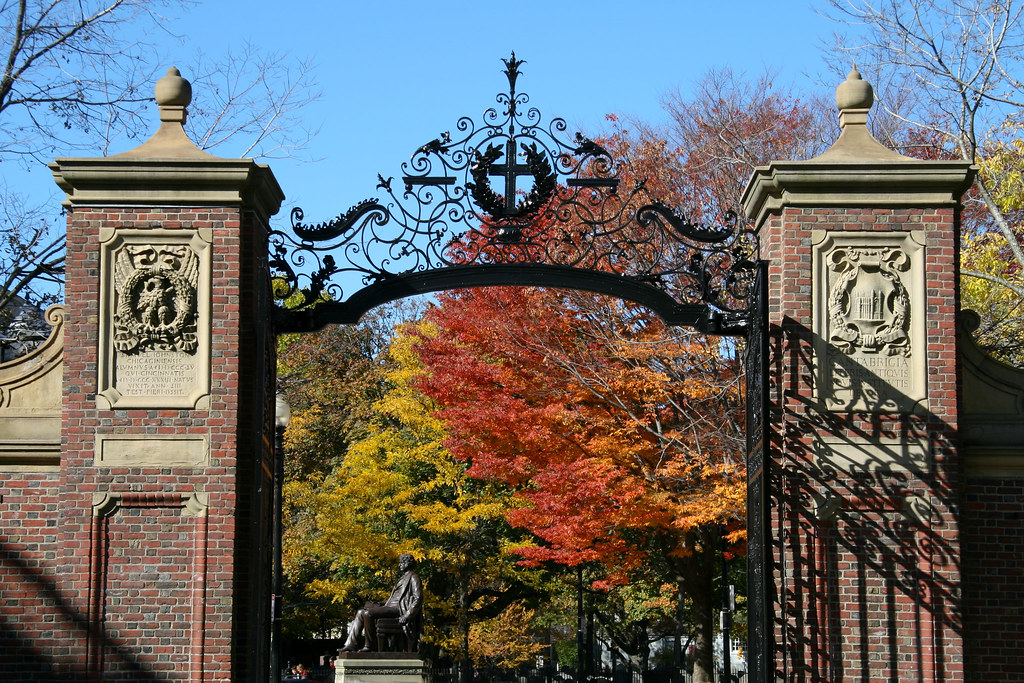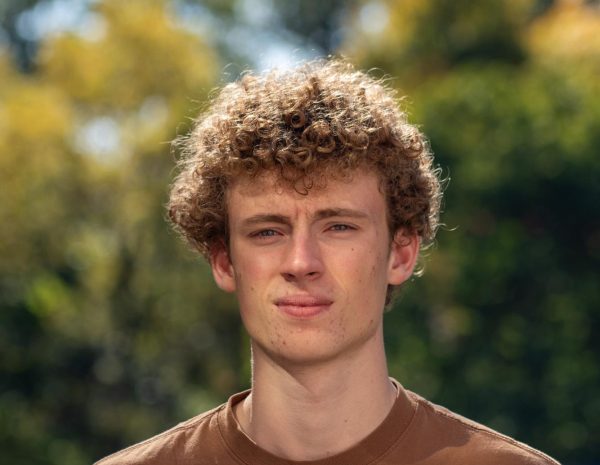Student-led protests have swept Serbia since Nov. 2024, after a deadly collapse of a newly-built train station canopy in the country’s second largest city, Novi Sad. The disaster claimed the lives of 16 people and injured another.
In a nation of 6.6 million people, the tragedy quickly became a rallying point for students, who blamed government corruption and construction corner-cutting for the fatalities.
The protesters believe the disaster reflects more than a decade of poor governing by President Aleksandar Vucic of the Serbian Progressive Party (SNS). Vucic closely associated himself with the station’s renovation.
Since the disaster, the student movement has spread to hundreds of cities, with mass rallies, university blockades and silent vigils demanding justice and political reforms. Calls for Vucic to step down and hold national elections have grown louder.
Vucic began his career in the far-right Serbian Radical Party before co-founding the SNS and rising to national prominence by becoming prime minister in 2014 and president in 2017.
Over the past decade, Serbia has experienced what many describe as a move toward authoritarianism, with the party consolidating power by curbing press freedom and strengthening its grip on the country’s media and judiciary.
Evica Kuc, a citizen of Serbia, attended earlier anti-government protests before the canopy collapse.
“I participated in the protests that happened in previous years,” Kuc said. “Everyone I know has participated in the [current] protests, because they happen not only in Belgrade, but also in villages and small towns.”
Kuc notes that many of this year’s protests held in smaller towns have been marked by a positive atmosphere, a notable contrast to the March 15 protest she attended in Belgrade. Per the BBC, it was Serbia’s largest-ever rally with an estimated 325,000 protesters.
“They [typically] have some kind of festival note, but the [March 15] protest in Belgrade had a different vibe from the beginning, since people knew there would be some kind of conflict,” Kuc said.
Many protesters in attendance on that day have alleged that the government used a sonic weapon described as a ‘sound cannon’ as a crowd control method against the protesters. The authorities initially denied possessing such devices, then admitted such devices had been bought by the police.
Dragana Zec, a Serb currently living in D.C., and the parent of a WIS alum, believes that while the protesters want a full inquiry into the Novi Sad tragedy, their broader wishes are more fundamental.
“They are not fighting [The SNS] per se, they are more so fighting corruption,” said Zec. “They want a full investigation of the Novi Sad [tragedy], but they also want institutions to be functional.”
Zec believes that while these are not the first protests voicing discontent at the SNS since the party rose to power, the organizational structure of the current protests makes it very difficult for the party to appease the protesters’ demands this time around.
“[Students] have been able to galvanise support through rallies in small towns, and [reaching out] to other people who don’t have access to independent media, [telling them] that things can’t continue the way that they have,” Zec said. “They also have parents and grandparents who fully support them, making it very hard for the [SNS] to fight against them.”
Serbia has been a candidate for European Union (EU) membership since 2012. Vucic has maintained that he still wishes for the country to join the bloc of 27 member states, but has also recently visited Moscow despite Russia’s ongoing full-scale invasion of Ukraine.
Members of the European Parliament have said Serbia still needs to make progress on anti-corruption reforms and strengthen the rule of law before EU membership could be seriously considered.
“Vucic had strong support from the EU, and [The EU] deliberately chose to ignore any accusation of his authoritarian governing style,” said Kuc, “ I think you can no longer pretend that [Vucic’s authoritarianism] is not there, so I think the student protests managed to show that the role of the EU in the terms of cooperation in Serbia’s accession to the EU must be handled differently”.
According to a March 2025 survey conducted by New Serbian Political Thought (NSPM), a right-leaning think tank based in Belgrade, for the first time since the SNS came to power in 2012, the majority of Serbs oppose Vucic’s rule. The NSPM’s survey also finds that 60 percent of Serbia’s adult citizens support the student protests.
Kuc notes the protesters have called for elections, but believes the result of this survey will dissuade the SNS from using an election to prove their support among the general population.
“These figures are the lowest since Vucic took power…” Kuc said. “[The students] declared a new election should be held, and they would form their demands as [part of] a political movement…Of course Vucic doesn’t want to conduct the election, with those research & results, [he is] afraid.”
Filip Zec, Dragana’s husband and also a Serbian citizen, believes only a major corruption scandal directly implicating Vucic or his inner circle could bring a swift end to the ongoing political standoff.
“The SNS and Vucic have never been less popular,” Zec said. “We realized that this is a marathon, and people just have to be aware that this may last. The only way [for the protesters] to gain an upper hand is through some kind of court case, where Vucic himself, or someone very close to him, is directly implicated in a corruption scandal. That’s the only way that this marathon would end right now.”
By Oliver Dashwood









































































